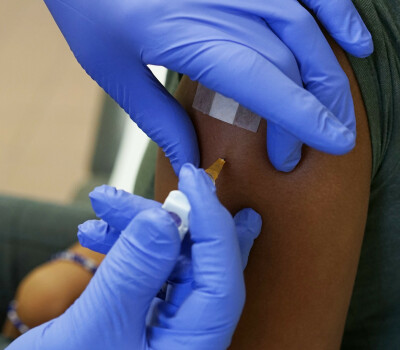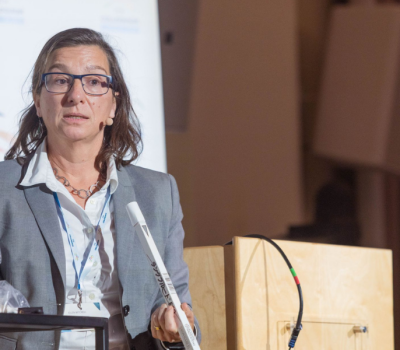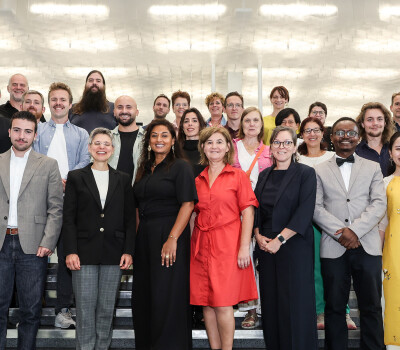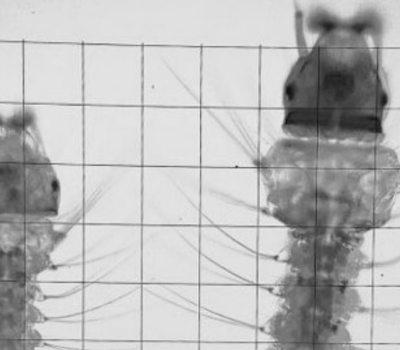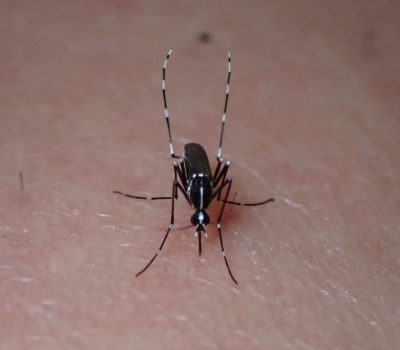Does a second shot help? First large-scale comparison of different booster vaccinations against Ebola
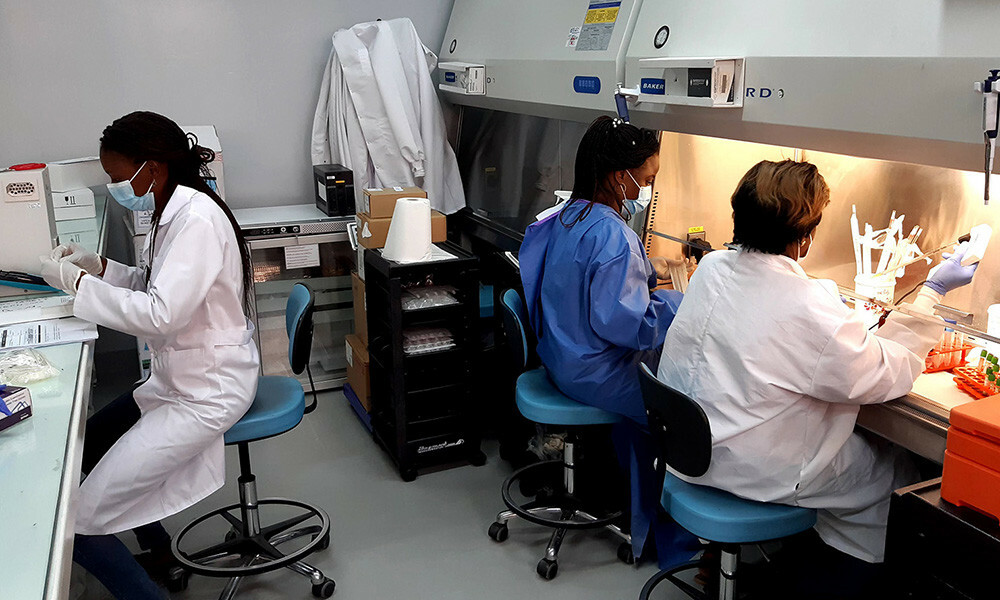
Despite two available Ebola vaccines, outbreaks persist in West and Central Africa. In The Lancet Infectious Diseases, ITM researchers advocate for booster shots to bolster resistance and quickly control new outbreaks. But many questions remain. The EBO-BOOST study by ITM and the National Institute for Biomedical Research (INRB) in the Democratic Republic of the Congo seeks answers to key questions.
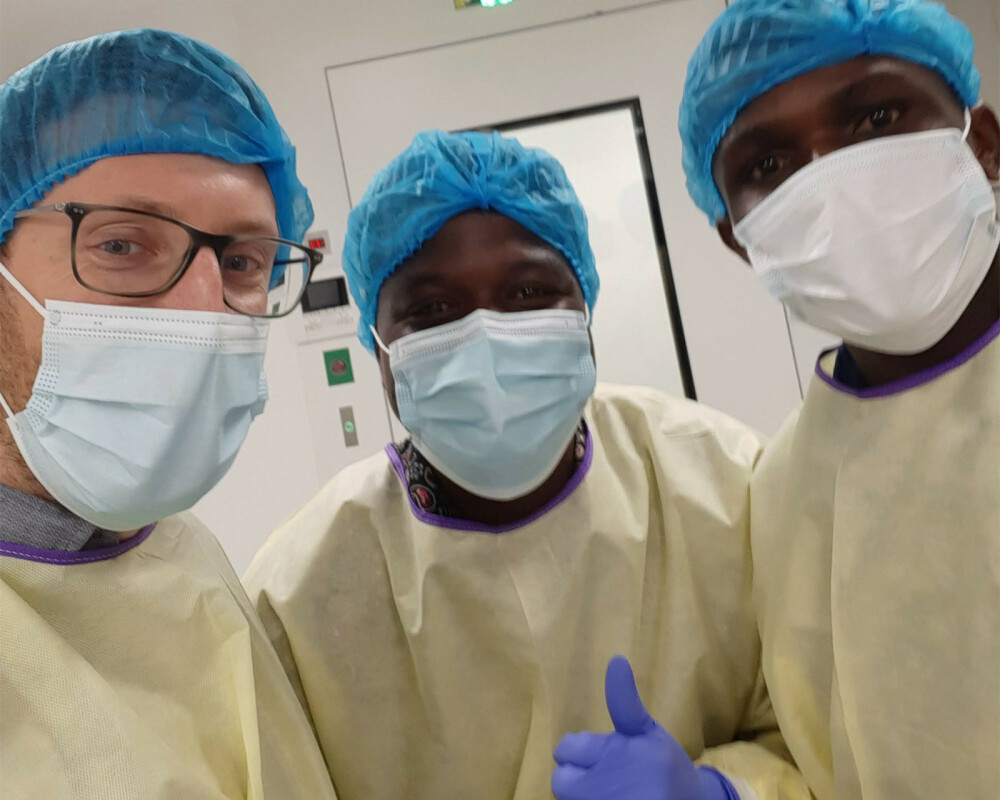
The EBO-BOOST study focuses on three key questions. When is the best time for a booster vaccination? Is it both safe and more efficacious to administer a different booster vaccine than the initial one? And why do some people respond worse to vaccines than others?
Professor Wim Adriaensen, principal investigator of the study and Head of the Unit of Clinical Immunology at ITM, stresses the research’s significance: "Almost yearly Ebola outbreaks and the uncertainties concerning the long-term protection of vaccines underscore the need for booster vaccinations," he explains. "Safely combining different vaccines could save lives in areas with scarce or unpredictable vaccine supplies, could allow us to intervene more quickly with outbreaks and protect high-risk groups, like healthcare workers who are regularly exposed to the virus."
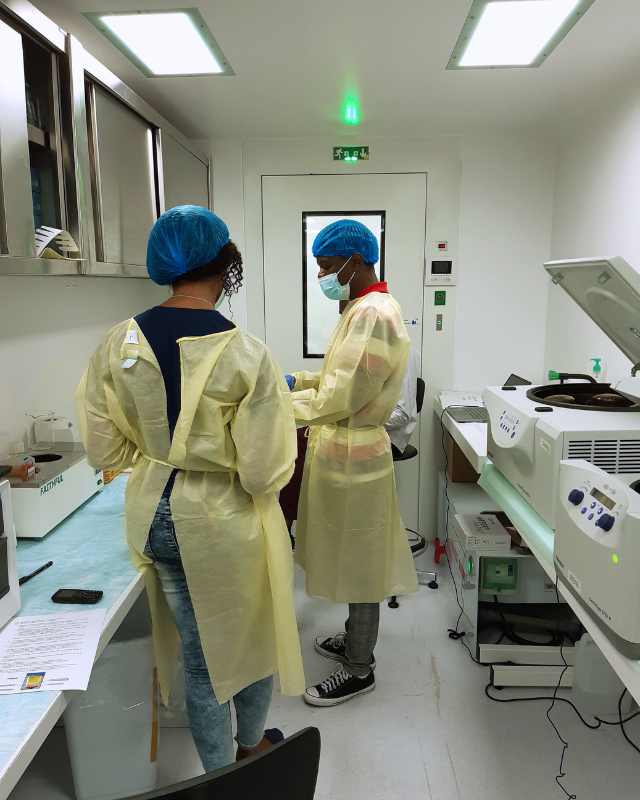
Unique revaccination study in the Democratic Republic of the Congo (DRC)
Starting in October 2024, the EBO-BOOST study will involve 624 participants from Kinshasa and Goma. Each participant will be administered a booster dose of one of the two vaccines. The six-month study will monitor participants’ immune response on the different combinations of the vaccines through blood and saliva samples. Additionally, ITM will train local laboratory technicians and supply the necessary laboratory equipment. This will empower INRB to independently perform all tests, aiding local governments in rapid outbreak response.
Professor Hugo Kavunga Membo, the principal investigator at INRB, aims to establish clear revaccination guidelines at the end of the three-year study: “We want to identify who, how and when best to revaccinate,” he says. "Moreover, our objective is to facilitate all testing within the DRC to avoid delays from time-intensive sample transport abroad in future epidemics."
The EBO-BOOST study is funded by the Coalition for Epidemic Preparedness Innovations (CEPI) and supported by MSD, manufacturer of one of the vaccines. Additionally, the project receives financial aid from the Directorate-General for Development and Humanitarian Aid (DGD), for regional capacity strengthening."
"Safely combining different vaccines could save lives in areas with scarce or unpredictable vaccine supplies, allow us to intervene more quickly with outbreaks, and protect high-risk groups."
Prof Wim Adriaensen
Principal Investigator
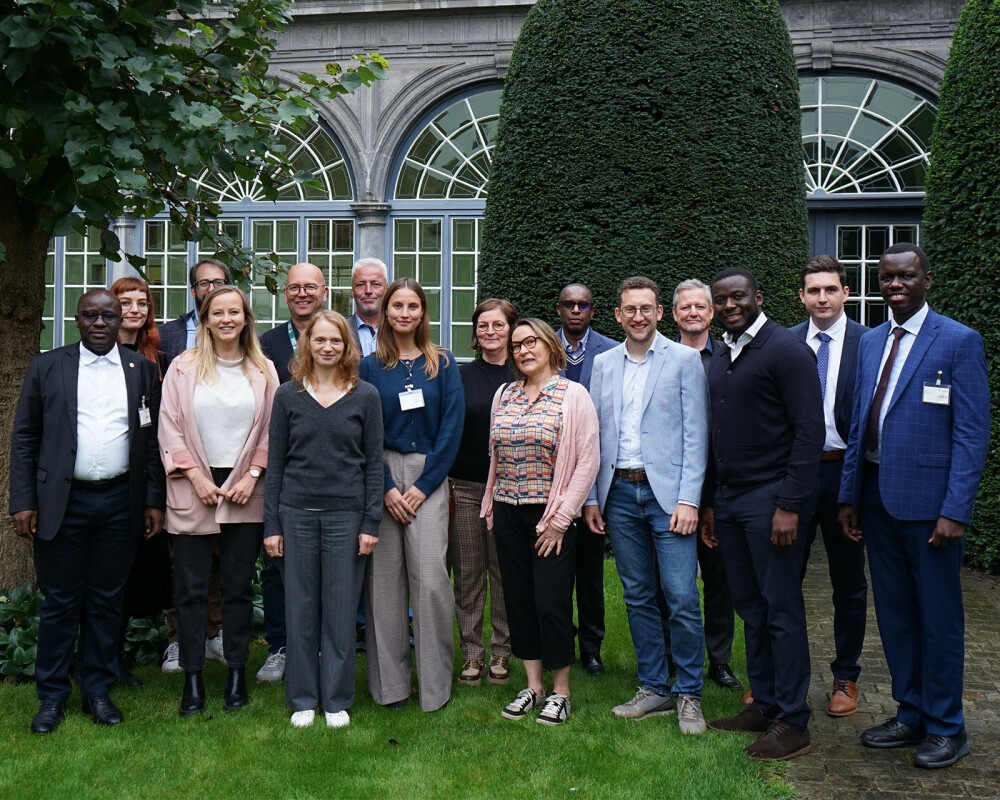
ITM’s role in Ebola research: from discovery to treatment
Co-discovered in 1976 by researchers at ITM and their colleagues at the INRB, Ebola’s threat remains despite its rarity. ITM has been pivotal in monitoring outbreaks and advancing diagnostics and treatment.
Wim Adriaensen, Selien Oostvogels, Yves Levy, Bailah Leigh, Hugo Kavunga-Membo, Deborah Watson-Jones, Urgent considerations for booster vaccination strategies against Ebola virus disease, The Lancet Infectious Diseases, 2024, ISSN 1473-3099.
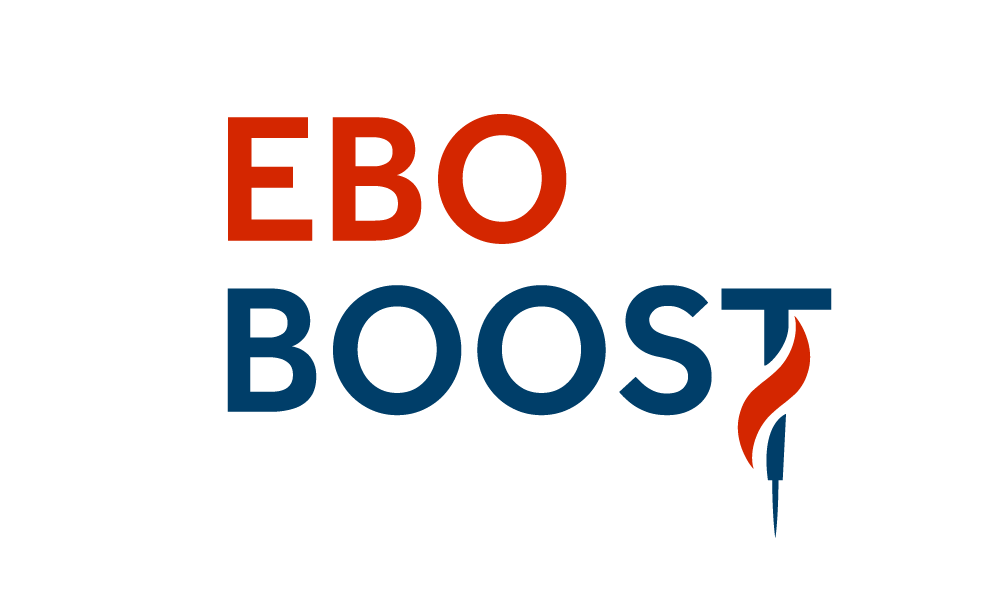
EBO-BOOST
We aim to address the ongoing threat of the Ebola Virus Disease by investigating optimal timing and safety of booster vaccinations for rapid deployment during outbreaks, and strengthening local epidemic preparedness.

Transmission, an ITM podcast
Listen to Transmission, the award-winning podcast of the Institute of Tropical Medicine in Antwerp. The first season delves into stories from the frontline of battling Ebola and other deadly infectious diseases.
Spread the word! Share this story on

